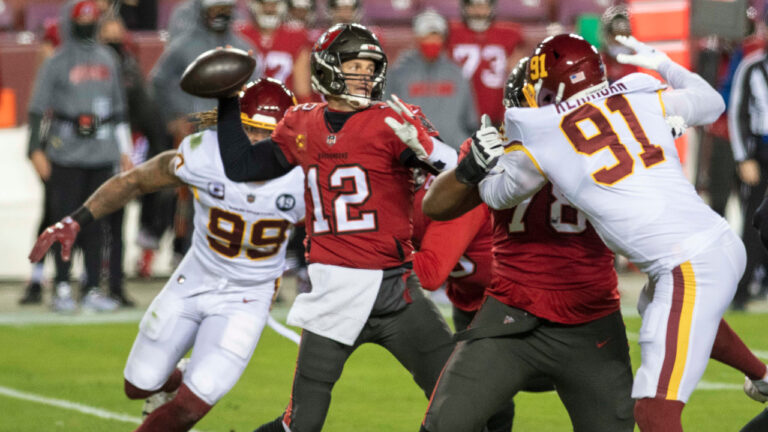How to Not Have Your Medicine Confiscated When You Travel

According to a recent survey, one in ten Americans have had their prescription medication confiscated while traveling.
The January survey, conducted by Prescription discount service BuzzRx, found that of the 1,245 Americans they surveyed, 44% of respondents had their medications taken from them by border officers, and 41% said Transportation Security Administration (TSA) officers had confiscated their meds while going through security on domestic flights.
Many surveyed admitted to hiding their medication when traveling, with 16% squirreling away their meds in their carry-on luggage, 13% in their toiletry bag, and 8% putting them in their socks.
However, there are some simple steps to guarantee that both you and your pills make it to their destination without hiding them in your unmentionables.
Research the Drug Laws of the Country You Are Traveling To
Speaking to USA Today, Ricardo Rodriguez from BuzzRx‘s Data team explained that some medications approved in the US are illegal in other countries. This makes traveling with them difficult.
“Before traveling, it’s imperative to research the destination, especially if traveling internationally, about what their medication requirements are,” Rodriguez said, adding: “Discussing the issue with your provider will probably be the best thing to do.”
Follow TSA Recommendations When Traveling Domestically
According to the TSA, travelers do not need to present their medication to TSA officials and can take as much as they need to when flying.
However, officials must be told about any liquid medicines travelers have in their carry-on luggage. (and they can exceed the 3.5oz limit)
The TSA also recommends keeping your medication in your carry-on luggage just in case you need to access it during the flight.
Though pills do not need to be in the bottles and blisters prescribed in, it is best to keep them in their original containers where possible because different states and countries have differing laws regarding medication. It also makes them a lot easier to identify.
What To Do if Your Medicines Are Confiscated
One in nine travelers BuzzRx surveyed had to cancel a trip after having medicine confiscated at the airport. The main reasons for this were security concerns (41%), exceeding quantity limits (27%), and lacking proper documentation with their pills (26%).
Thankfully, more than 70% of people who had their medicine confiscated could replenish it when they arrived at their destination. However, two in five travelers surveyed had to shell out more than $100, and one in six paid full price for replacement pills, since their insurance would not cover the cost twice.
More than half of the respondents said having meds confiscated increased their stress and anxiety, which is ironic considering anxiety meds were most likely to be confiscated.
If your medicines are confiscated, Rodriguez recommends travelers contact their doctor to get pills replaced with a new prescription or seek help from a nearby embassy or consulate if traveling abroad.





